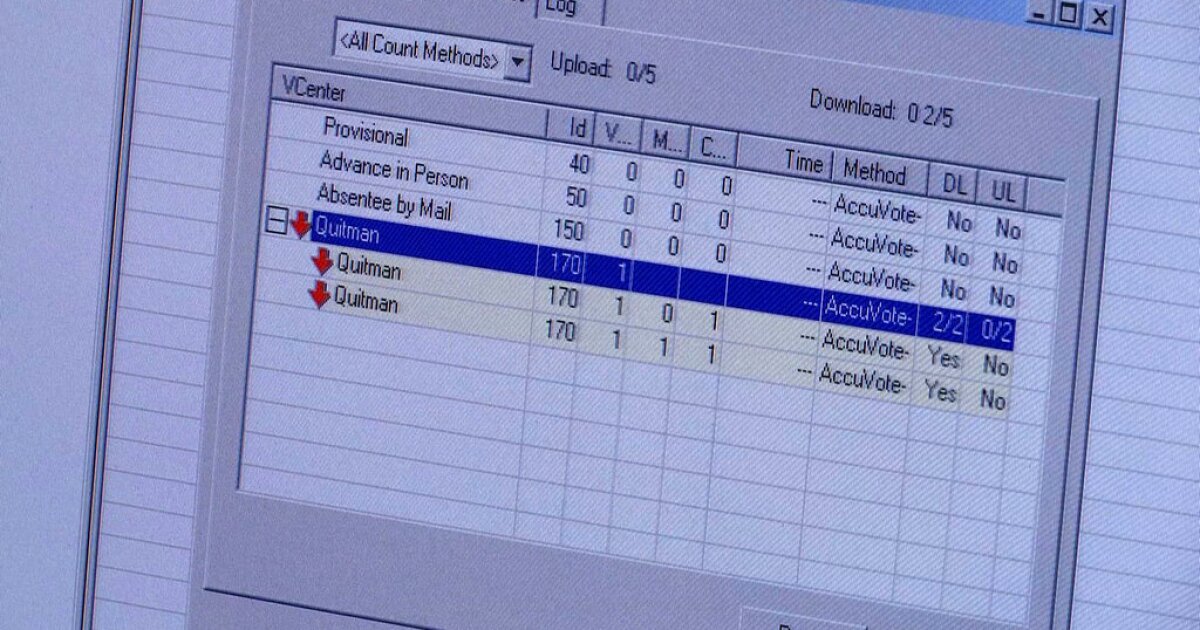China accuses the US of hacking Huawei servers for over a decade
How the US hacked Huawei
The post accuses the US of using “big, influential tech companies” to install backdoors in Huawei’s software, apps and equipment.As per the post, Washington was trying to steal vital data from countries including China and Russia.
“In 2009, the Office of Tailored Access Operations started to infiltrate servers at Huawei’s headquarters and continued conducting such surveillance operations,” the post read.
With the increase in geopolitical tensions, both the US and China have been expanding their global spying operations. In July, Beijing-linked hackers reportedly accessed the email account of the US ambassador to China. This operation is believed to have exposed hundreds of emails.
China hit with Second Date spyware
The post notes that China’s National Computer Virus Emergency Response Center has extracted a spyware called Second Date. The spyware was discovered while investigating a cyberattack on Northwestern Polytechnical University in Xi’an. This cyberattack reportedly took place last year.
The ministry found that the Second Date is “cyberespionage malware developed by the US National Security Agency, which operates covertly in thousands of networks in many countries around the world.”
The Second Date spyware was extracted with the help of a company named Qihoo 360. Chinese state broadcaster CCTV reported that this company has previously released findings about US hacking activities against China. However, Qihoo 360 didn’t report the part about Huawei.
“The U.S. had obtained control over tens of thousands of devices and stolen a substantial amount of high-value data,” the ministry said.
China recently advised central and local governmental…


 Manoj Naravane
Manoj Naravane
